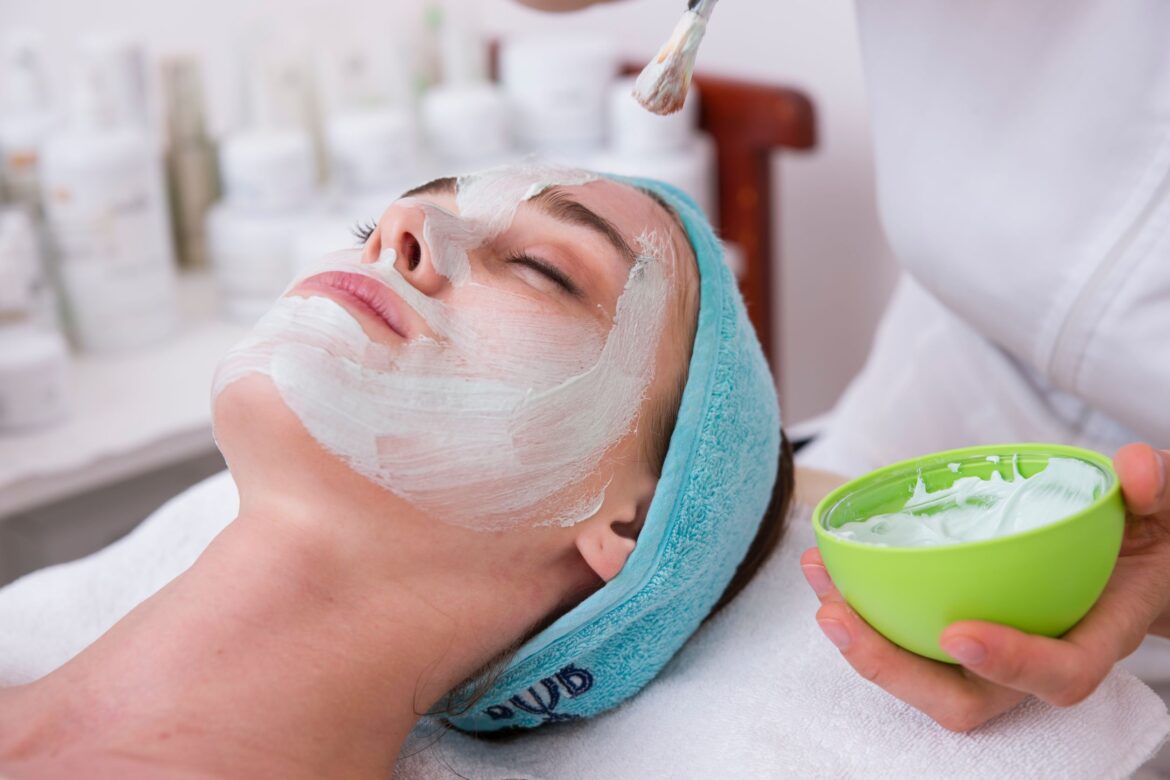Exfoliation is the method of eliminating dead skin cells off the surface of your skin. This is an important step that should never be overlooked. Exfoliation has a unique place in the rigorous 10-step skincare routines of even K-Beauty devotees. Allow us to explain what scrubs and exfoliators are and how they benefit your skin. Continue reading to learn more about the advantages of face cleanses and exfoliation.
What are the benefits of exfoliating your skin?
1. Brightens the skin
2. Acne prevention
3. Softens the skin
4. Aids in the absorption of goods.
What are the benefits of exfoliating your skin?
Reptiles are well-known for losing their skins and replacing them with new ones. What if we told you that something similar occurs in people as well? Desquamation is a natural shedding process that involves the replacement of old and dead cells with new ones. The speed at which your skin regenerates is determined by a variety of factors including your skin type, age, weather, surrounding environmental conditions, and more. And as new cells are produced, the old ones are pushed to the surface.
But that’s where the cycle comes to an end. All of these dead cells merely pile up on top of your skin, which is why you need extra support from scrubs.

Exfoliation’s Advantages
Brushing away dead skin cells on the surface has several advantages for the skin. Let’s go over the top four benefits of frequent exfoliation.
1. Brightens the skin
The top layer of dead skin does not provide any benefit to your skin. They only make your skin look drab. Scrubbing them away brightens your face and makes your skin gleam. Scrubs polish the skin and give it a lustrous sheen.
2. Acne prevention
Dead cells also trap dirt on the surface of your skin. On top of that, both of them might clog your pores and create acne. You will notice that your acne has started to fade with a regular exfoliating program. The key thing to remember when exfoliating the skin is to be gentle.
3. Softens the skin
He’s got dead cells. The layers on top of your skin are essentially a big heap of dirt, which is why they’re jagged. This causes the skin to itch. The removal of such cells softens and smoothes your skin. Your skin will not only look different but will also feel velvety. If you wear makeup, exfoliation will make it go on smoothly and appear airbrushed!
4. Aids in the absorption of goods
Dead cells prevent your skincare products from penetrating deep into your skin. The majority of your skincare is washed away on them. With nothing to obstruct your skin, all of the goodness from your skincare can reach your healthy cells, and all of your products can perform better.
Materials Required
For physical exfoliation, there are a few abrasive materials to choose from, including:
scrubs for cleaning
(i) mitts for exfoliation
(ii) brushes without water
(iii)loofahs
(iv) pumice rocks
(v) Micro derma rollers or micro-needling
What should you anticipate from chemical exfoliation?
To regenerate your skin, this procedure combines several substances, such as hydroxy acids and retinol, with enzymes.
While DIY and over-the-counter scrubs can assist improve the appearance of your skin, chemical exfoliation can produce more dramatic improvements.
Chemical exfoliation, like physical exfoliation, can cause skin irritation if done wrong. Consult a dermatologist or other healthcare expert if you’re unclear about how to include a chemical product into your routine.
Exfoliation Timeframe
It all depends on your personal preferences and daily schedule.
Exfoliating before you start your day, for example, maybe good if your skin appears dull in the morning. Exfoliating at night, on the other hand, can help remove any leftover makeup or debris. If you’re using a medicinal treatment to treat a skin condition, you should wait a few days before exfoliating.
If you have cuts or open sores on your skin, don’t exfoliate.
Professional scrubbing?
This is dependent on your specific skincare needs and what you hope to achieve by exfoliating. A dermatologist can assist you in selecting the finest procedure or product for your skin.
Exfoliation techniques used by professionals include:
Scrubs for the body. Professional scrubs are usually made of different materials than store-bought scrubs.
Peels using chemicals. The acid concentration is the main difference between DIY and professional peels. Professional peels are more powerful and can be used with other prescription topicals to achieve the best results.
Dermaplaning. Your physician will remove dead skin and baby hairs from your face and neck with a scalpel blade.
Microdermabrasion. Fine crystals or a specific rough-tipped tool will be used to exfoliate the skin, and a vacuum will be used to remove dead skin cells.
Conclusion
Whether you should use homemade scrubs, over-the-counter products, or professional treatments depends on your specific skincare requirements.
Make an appointment with a dermatologist or other healthcare expert if you have an underlying skin concern or are unsure where to begin.
They can guide you through your options and assist you in developing a skincare program that is tailored to your specific needs and lifestyle.

